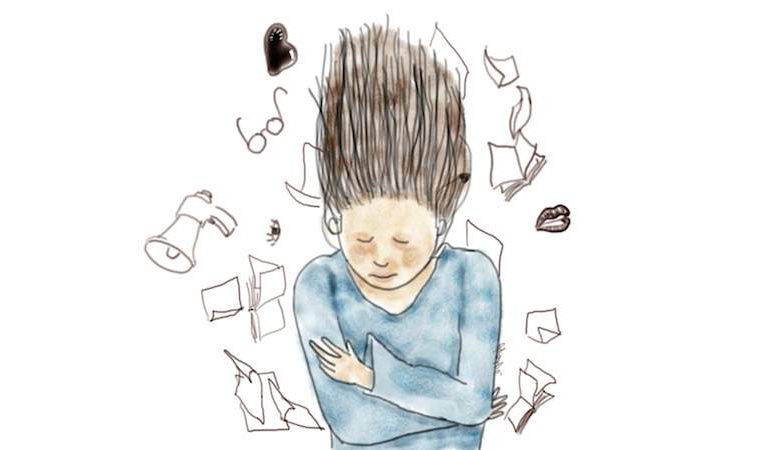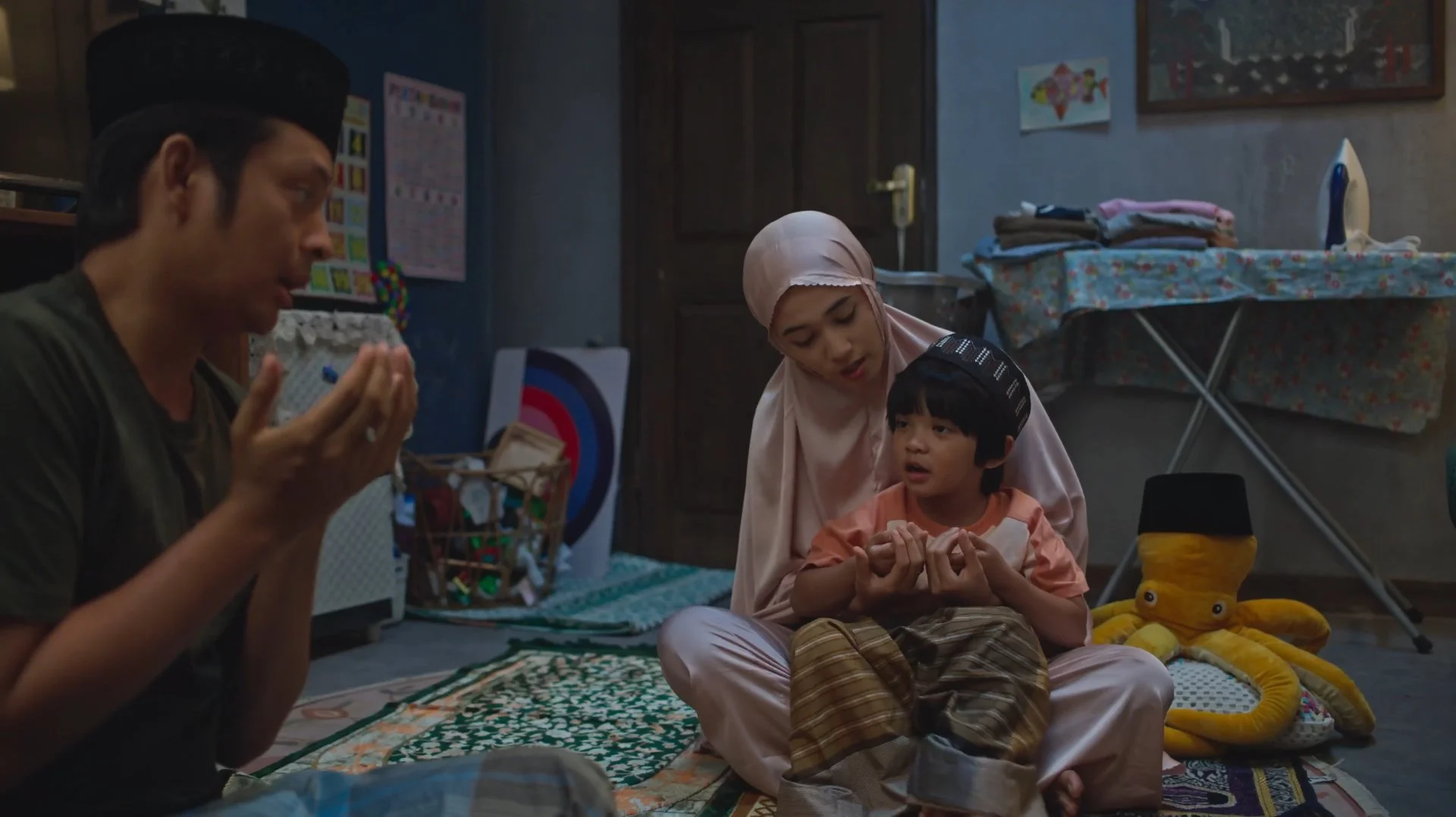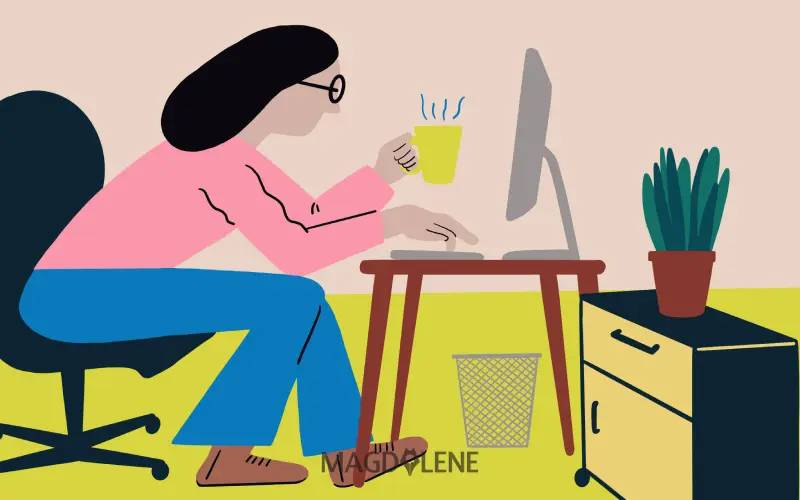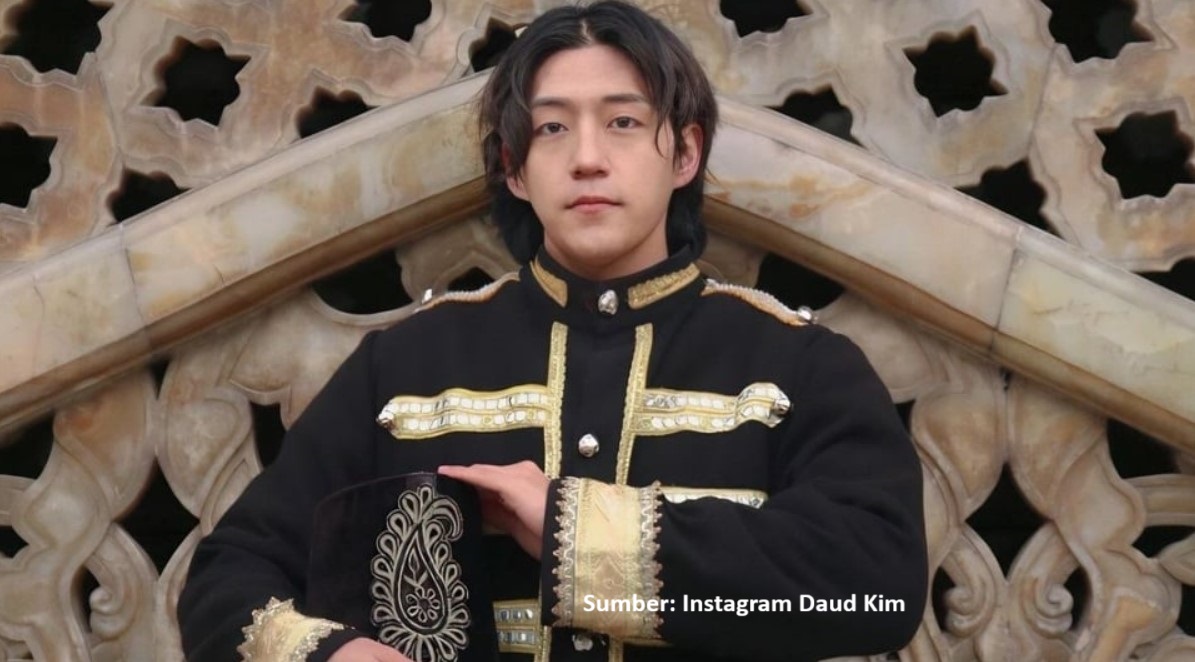Beyond the Demands for “Ideal beauty”
A feminist's take on how women should respond to the demands of idealized beauty set by the beauty industry and the media?
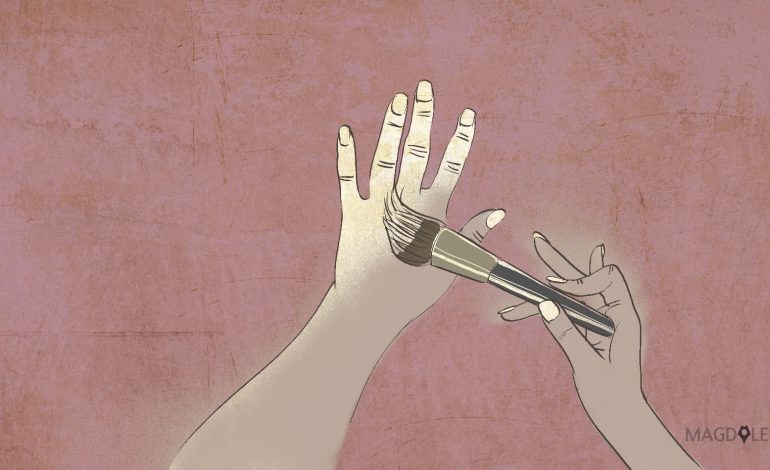
Like many women, I have gone through a phase of loathing my body. In junior high school I had a bulgy but petite body, which led me to consuming nutritious drink to improve my figure. I slimmed up a little in senior high, but my height didn’t add up even a bit that my mother bought me pills that claimed to help make the body grow taller.
Early in my college years, I was constantly reminded by advertisements on the media – and by many people close to me – of how dark my skin was. I ended up buying a bunch of lotions, body whitening cream, dark skin exfoliator, skin peeler, night-and-day facial cream, and many products to make my skin brighter. I used them all at once, repeatedly, in a hope that they could make me feel more comfortable in my own flesh, skin, and bones. Yes, it was, indeed, a problem.
I came to realize how urgent the problem was after I was introduced to the issue during my enlightening college years. The fact is beauty products strongly invade the lives of women. It defines the current idealized beauty every woman should aspire to, telling women to be fairer, taller, and slimmer.
Many articles published on Magdalene depict the various ways women struggle with a certain demand to transform their bodies. We found women trying to answer social commentary and cultural demands on their honey complexion skin and their curvy body, and the way they deal with toxic gym culture. So extreme have cosmetic surgeries become these days that women would now amputate their pinky toes to fit into high heels better. And vaginal tightening/rejuvenation has become a “mommy makeover” gift to “restore” women’s post-partum bodies.
These phenomena are serious concerns, because blindly following beauty trends and consuming beauty products may lead to health and psychological problems. It’s important for women to be aware of the cultural context that trigger this phenomenon.
I recently interviewed one of my former lecturers, Adriana Rahajeng, who teaches literary criticism, race, gender, and social relations in English Study program, University of Indonesia, to get her perspective on the issue of idealized beauty and what women of our generation can do to deal with it on a day-to-day basis.
Ayunda: What is the feminist perspective on the phenomena of idealized beauty?
Adriana: Beauty construction transformed from one era to another. There was a time when curvy bodies were thought as the ideal shape for women, and now zero size bodies of models became the standard. We need to remember that diversity is one of feminism characteristics. So we should not generalize how feminism should see this phenomenon.
First, there are feminists who see idealized beauty as degrading because it means women plainly follow the beauty construction created by the patriarchal society. Women feel the demand to comply to this construction so that they could live up to men’s expectation and be accepted by society. In fact, women who have ideal bodies of the era will be able to attain what she wants more easily, whether it is a heterosexual relationship or a professional goal. Naomi Wolf says in The Beauty Myth cosmetic surgeries only lead to “man-made women”.
But though some feminists like Wolf would oppose the idea of beauty surgeries, there are others who think body modifications give advantages to women. In the graphic novel Embroideries by (Iranian author) Marjene Satrapi, there is a scene in which a group of women gather and talk about liposuction, vaginoplasty, and breast surgery. Living in a patriarchal community in Iran, they first thought of themselves as victims of beauty construction, because they are expected to have various kinds of plastic surgery to please their husbands. But later these characters realize that it’s not them who are actually victims of the beauty construction. Though it’s true that women are the ones who have to go through cosmetic surgeries, it’s actually the men who are fooled by the illusion of women’s bodies and sexuality. In the end, the women in the novel gained control over the men easily, because men love and admire their manipulated and modified beauty.
The graphic novel represents the postmodern feminist perspective that surgery on women’s bodies can give women control over gaze. Instead of being the object of gaze, they control the gaze. Beauty surgery gives women access to technology that eventually proves women’s bodies are more than the natural/cultural binary oppositions in a patriarchal system. Women’s bodies can be modified for the advantage of women.
Other than that, beauty modification can also be seen as a tool of political criticism. A performance artist from French named Orlan made a blueprint for several surgeries to change her face into five popular influential characters from myths and history, such as Mona Lisa, Diana, Psyche, Europa, and Venus. Orlan wants to show that what we call natural body is no more than just construction. The body can be changed like costumes.
Do you think that men face similar challenges related to the demand of an ideal physical appearance?
Men may not face the same challenges related to the ideal beauty constructions, but we cannot deny that they experience pressure over their physicality. One example is the penis size. The bigger the penis, the more masculine he is, which is why there are so many treatments and medications that claim to improve this part of the male’s body.
However, men are certainly still given more slack in this. The patriarchal society sees the hymen as sacred and that it determines a woman’s dignity, which is different from the case of the idealized penis size. Men gain pride with big penis size, but it is not that essential to them for their dignity does not depend on it, unlike the way hymen is linked to a woman’s individual value.
Other than that, you can also see how the media presents men’s ideal body, with six-packs abs and whatnots. Beauty products like facial cleanser, shampoo, deodorant and perfume also target men these days. However, taking care of appearance is not as obligatory for men as it is for women, who are constructed as objects of gaze by both men and other women,
We have to be the one to decide when we finally have enough of it. Enough in my opinion means I’m being realistic to buy products that are safe and within reasonable price.
What should be understood by women when they see beauty products ads?
That the current concept of beauty is a construction to keep women under control of the patriarchal system that gives benefits to the capitalistic system. Therefore, we need to be active and critical consumers. We need to remember that we do not have to buy every beauty products offered by the beauty industry.
What is the cultural background that cause those beauty product ads successful?
Patriarchy and capitalism work together to create successful beauty product campaigns. Most women internalize the importance of physical beauty so that they will be able to fulfill others’ expectations. This is then used by the capitalists to sell their beauty products that promise acceptance from both men and society.
I believe it’s necessary to talk about the backstory of beauty surgeries. Roxanne Hoyland and Joyce M. Wolburg explained that cosmetic surgeries in the United States were initially done to reconstruct soldiers’ face after the World War I. But later in the 1930s, social and economy security became the reason for getting beauty surgeries, as people’s confidence dropped after the Great Depression in America. There was inferiority complex among the people of that era. Haiken explained that advertisement agencies saw an opportunity in this, because “this feeling became a motive to buy a product.” It turned into a hype of that era to reconstruct faces or modify bodies.
The evolution of the beauty surgery trend further syncs with the growing consumerism culture. This explanation also applies to other phenomena of beauty products, which, unlike surgeries, are also accessible to lower-middle income women. The more expensive the product the more prestigious it is perceived to buy it.
What do you think women should do about this and to what extent should they follow the demands of idealized beauty?
I personally think that this phenomenon cannot be understood simply as a negative or positive matter. We need deep analysis on each specific case. If women gains confidence by wearing make-up, please do so! Other than confidence, taking care of our looks is also an attempt of appreciation to cherish our own body. Let’s do it for our own pleasure, rather than others’ expectations, but it doesn’t have to be so intensive that we cannot live without make-up at all. For instance, in some circumstances where it’s impossible to maintain our make-up, such as while hiking or mountain climbing, don’t let it lower our self-confidence or make us look down on ourselves.
I am a feminist. I enjoy wearing make-up on some occasions, but I believe that wearing make-up neither decrease nor increase my personal value. It is my hard work and perseverance that determine my success in life, and not my physical appearance.
It is not easy for us to get around the massive attacks of beauty product ads, but we can try to be critical towards the products that they offer. Do a quick research on the chemical ingredients of the product that you’re about to choose. For me, it becomes the main consideration.
I also try to choose products that do not maintain the idealized beauty construction, but instead educate its consumers. I appreciate Dove for promoting diversity of body shapes in defining beauty, while I say no to Ponds that nurture the binary oppositions of white skin versus black skin. In one of Pond’s media campaign, it portrays a woman with black skin as evil and one with white skin as kind, while both are attempting to win over a man’s attention.
Is there any message that you want to give to women of this generation?
We have to be the one to decide when we finally have enough of it. Enough in my opinion means I’m being realistic to buy products that are safe and within reasonable price.
We need to remember that it will never be enough if we keep on following what the advertisements of beauty products say. Those ads say that there is always something wrong with our body that we need to improve. We have to be the one to decide when we finally have enough of it. Enough in my opinion means I’m being realistic to buy products that are safe and within reasonable price. Simply to make sure that my beauty product won’t be more expensive than my consumptions of food in a whole month. If it fits me, I won’t need to look for similar products but more expensive one because it’s more prestigious.
We also need to remember that we won’t be young forever. Wrinkles, weight, or other things that signal my aging process is part of my identity that I shouldn’t deny, improve, nor fix by using myriad of products offered by the beauty industry.
*The interview is translated by Ayunda Nurvitasari and synthesized by editor
Read Ayunda’s piece on the novel From Now On Everything Will Be Different.


